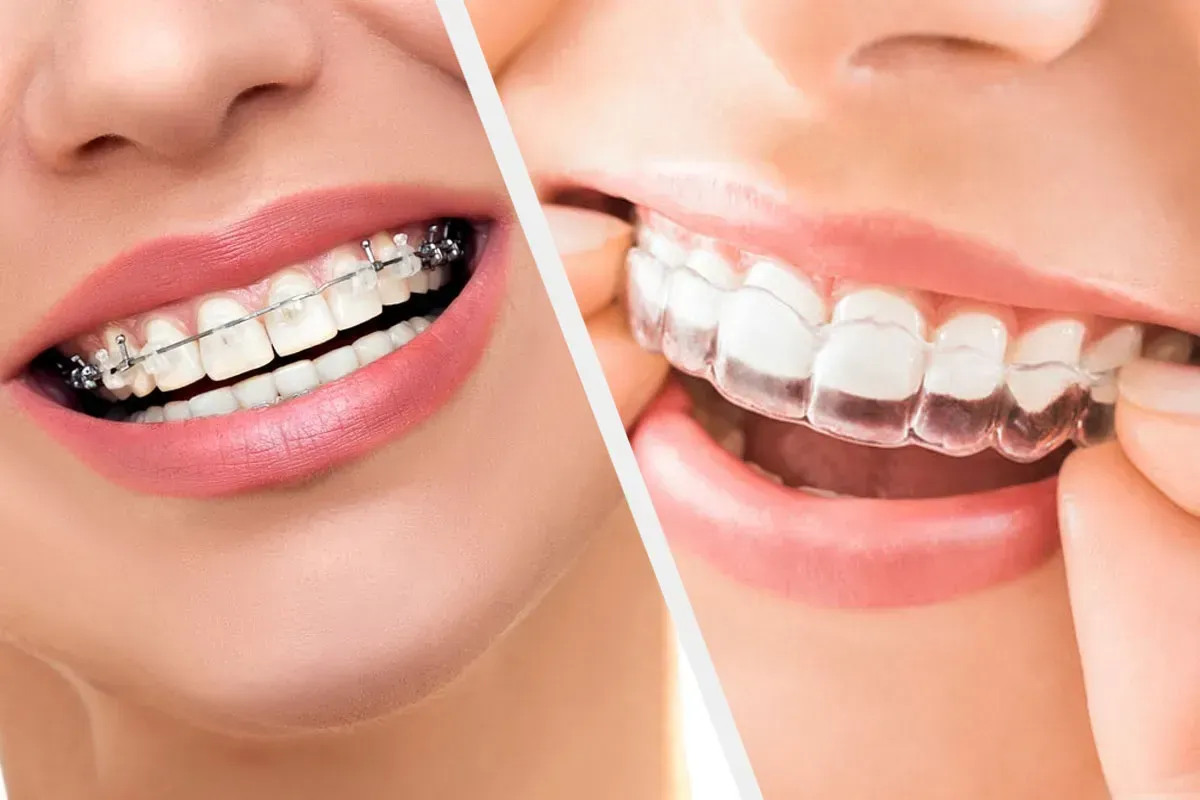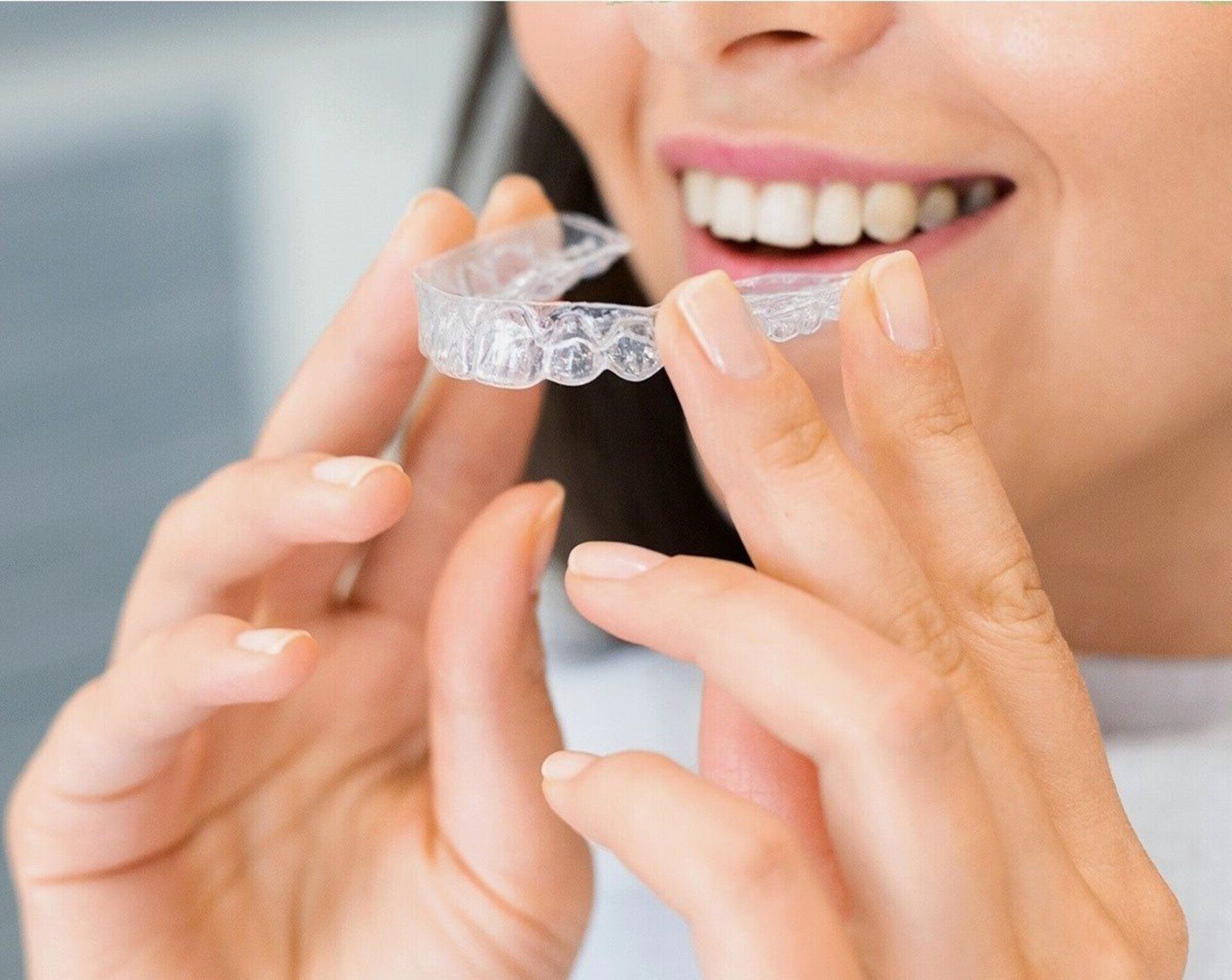Soda and Tooth Health in Children
Soda and Tooth Health in Children
Too much soda taking its toll on Kids Teeth?
Jeanie Lerche Davis July 12, 2001 -- Sodas are a thirst-quencher and a caffeine kick. But they're also ruining kids' teeth , say many experts. Kids are drinking the stuff from morning to night -- all through the school day. The result is a prevalence of cavities that dentists have not seen since pre-fluoride days.
"Not only are all these sodas causing tooth decay, but they are also putting kids at risk for obesity , diabetes, hyperactivity," says William Chase, DDS, a dentist for the past 30 years in Adrian, Mich., and spokesman for the Academy of General Dentistry (AGD).
"A lot of parents don't realize how much [soda] their children are consuming during the day, or the long-term effects on their health," Chase tells WebMD.
A few statistics: Soda consumption has more than doubled from 22 gallons of cola per person a year in 1970 to 56 gallons per person a year in 1999. In 1977, 12- to 19-year-olds drank 16 ounces of soda a day. In 1996, the same age group consumed an average of 28 ounces a day.
A big part of the problem, says Chase: soda machines in schools. Schools get significant funding from soda companies in exchange for selling one brand exclusively in schools. "We can't get the bottlers or soda pop companies to null and void their contracts with schools, because they all benefit," he tells WebMD. Schools use the monies to fund stadiums and billboards, he says.
So kids are getting sodas before school, between classes, during lunchtime -- anytime
"When it's just a couple of cans a day, that's no big problem," says Susan Sup-Barnes, DDS, a dentist in Wheaton, Ill., just outside of Chicago, and a trustee of the AGD. "When it's six or eight cans a day, that's when we see the difference -- the most cavities." The 16-ounce bottles are the biggest problem, says Chase. "Kids can sip all day, so they're dousing their teeth with pop -- bathing their teeth with sugar -- all day long." Carbonation in soda also breaks down enamel, he adds. (webmd.com)
Consequences
The consequences of regular consumption of soft drinks on your dental health may be a little hard to swallow. Many school-aged children and teens today have come to consider drinking soda and other sugar-filled beverages to be a regular part of their daily routine. As a result, the dental community is seeing more evidence of tooth decay in young people. Soft drinks also provide large amounts of calories to kids, who already do not meet national dietary guidelines and are experiencing obesity in epidemic proportions.
Not only does drinking sugar-sweetened beverages contribute to the ever-growing obesity problem in children in the United States, but it can also play a major role in dental decay. Even with regular brushing and flossing, both regular and diet sodas can break down the enamel of teeth. Tiny bacteria live between and around teeth and, when exposed to the sugar in soft drinks, produce an acid that causes damage to tooth enamel, which eventually leads to decay and cavities. And it doesn't take long this acid can begin to wreak havoc in only 20 minutes! (massdental.org)
Benefits of Drinking Water
Reduces muscle cramping and fatigue when consumed before, during, and after exercise.
Regulates body temperature. To sweat, you need plenty of water.
Helps you get well when you're sick by controlling fever and replacing lost fluid.
Keeps you hydrated, alert, and energized. Even minor dehydration can cause a loss of concentration, fatigue, and irritability.
Prevents you from confusing hunger with thirst, which can help you control your weight. (massdental.org)
At Wexford Dental Clinic we understand that your little one never drinking soda is probably impossible. We understand that sometimes we give it to them as a treat, reward, or on special occasions, we get it, we have children too. But we do want to ensure that you are aware of the impacts that it plays in your children's oral health and want to provide you with the understanding of it so you can best make your choices and how to provide them with a healthy mouth. At Wexford dental we provide safe, soothing, affordable dentistry in Scarborough for everyone in the family. Call us today at 416 222 8296 to schedule a free consultation for everyone in your family.












